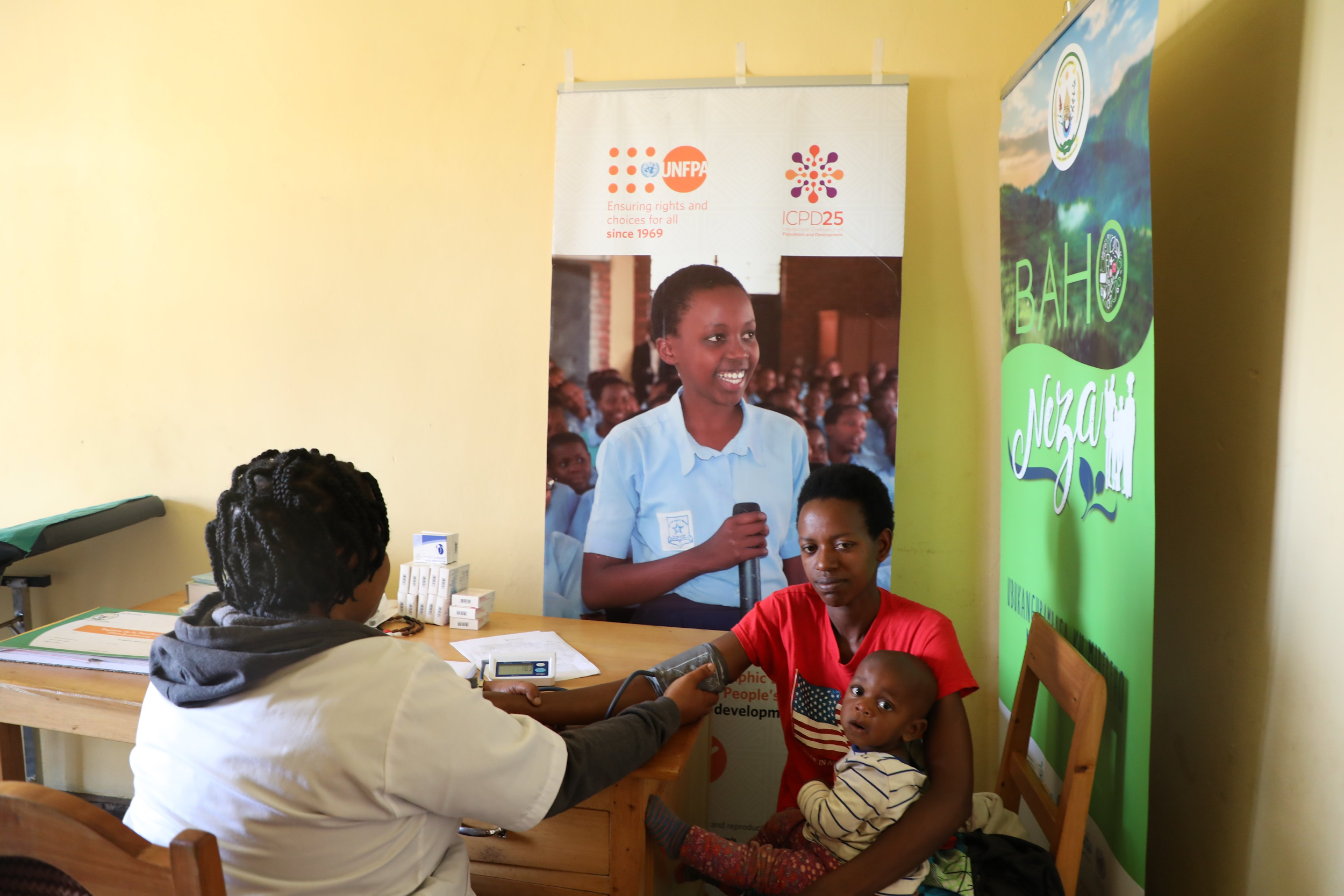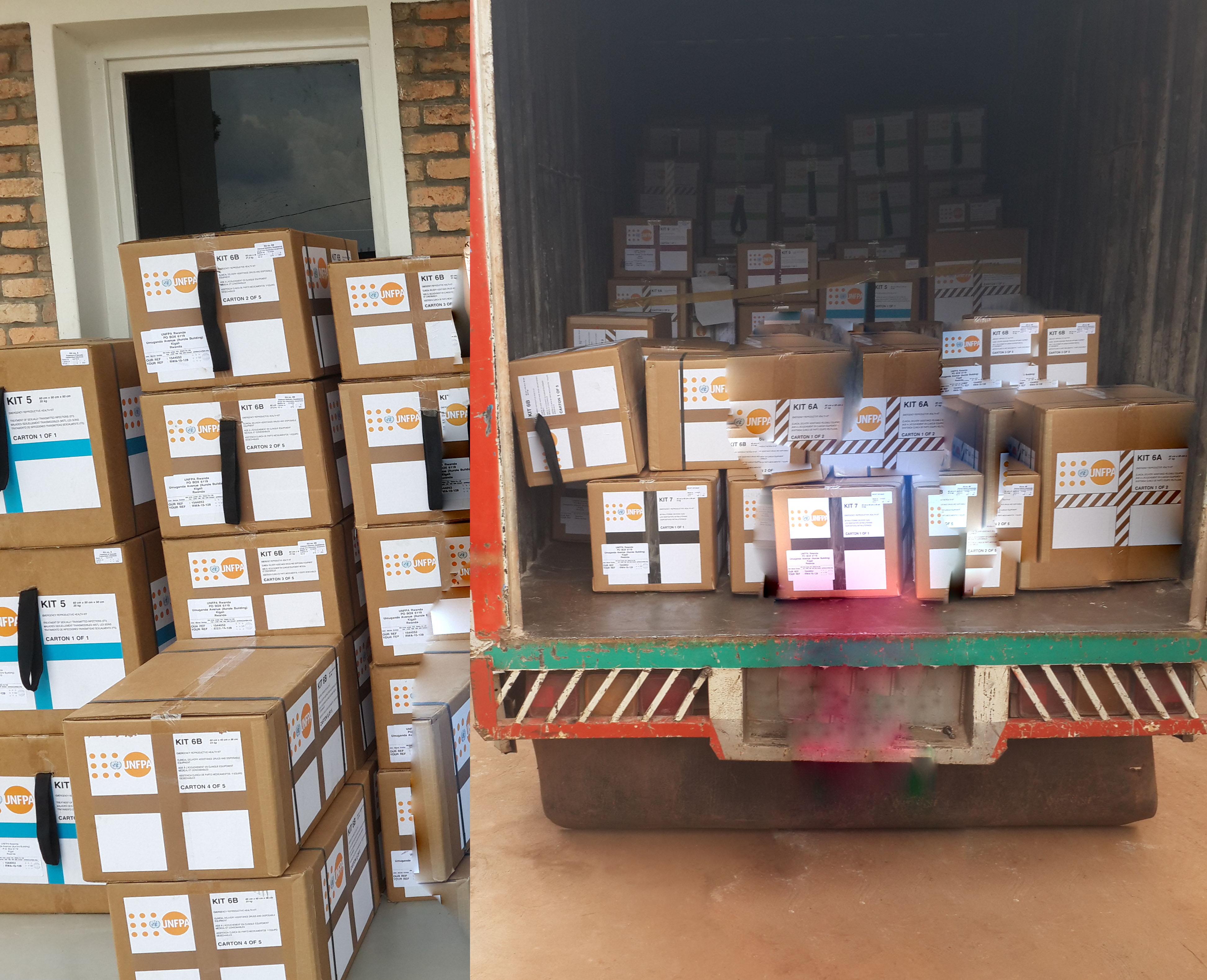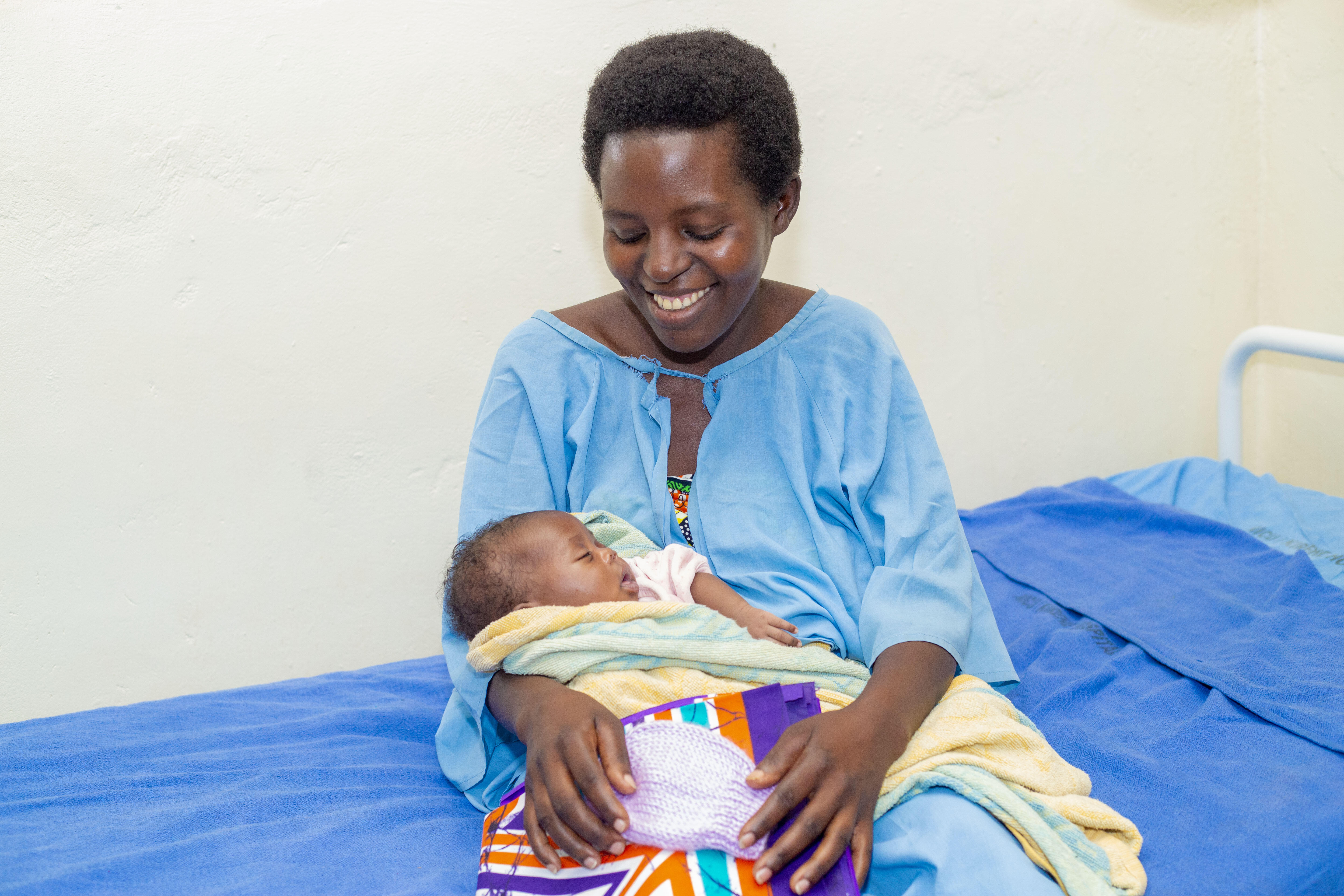UNFPA supports the Government’ efforts to keep health systems functioning and maintain the provision of sexual and reproductive health and rights information & services under the COVID-19 response.
Sexual and reproductive health and rights demand urgent and sustained investment especially in times of crisis. Across the world, COVID-19 is disrupting access to life-saving sexual and reproductive health services; compounding existing inequalities for women and girls, and deepening discrimination against marginalized groups. Access to health facilities on time due to lockdown measures can lead to loss of life and services to provide sexual and reproductive health care risk being sidelined, which will lead to unintended pregnancies and higher rates of maternal mortality and morbidity.
This week, about 220,000 births are expected to take place in health facilities in East and Southern Africa. Of these, 57,000 will be to adolescent girls aged between 15 and 19 years, most of them as a consequence of unplanned pregnancies.
In times of crises, women still continue to get pregnant and deliver, needs for contraception do not stop, and women run an increased risk of sexual and gender based violence. Access to basic primary health care can be affected by the disruption of essential and lifesaving Sexual and Reproductive Health services, increased vulnerability to sexual and gender based violence, and adolescents’ challenged access to information & services. The supply chain of essential commodities and medical supplies must continue.
UNFPA is closely monitoring and working with governments and partners to address the outbreak and continue to stand with the affected communities, particularly the most vulnerable women and girls, whose protection and health needs must be at the center of response efforts.
“COVID-19 is testing the international community. Yet UNFPA’s work with governments, partners, UN agencies and donors is continuing, and ramping up. Business continuity plans are in place at all levels, and our commitment to serving the most vulnerable and hard to reach is stronger than ever”: UNFPA Executive Director Dr. Natalia Kanem in her statement on COVID-19.

A young mother receiving SRH services during “Baho Neza” Campaign in Karongi District (Photo: Aimable Twiringiyimana, UNFPA, 2018)
Delivering as One in Rwanda
As governments continue to take unprecedented measures to limit the spread of the virus including restriction of movements, the Republic of Rwanda leads by example in employing measures to contain the outbreak and developed the National COVID-19 Preparedness and Response Plan being implemented through the Ministry of Health. The goal of the plan is to enhance the capacity to prevent, timely detect and effectively respond to the COVID-19 outbreak in Rwanda. The National Plan ensures synergy of actions of all prevention and response stakeholders.
UNFPA through the One UN is supporting the National COVID-19 Preparedness and Response Plan with a focus on continuity of sexual and reproductive health services, including the protection of the health workforce, addressing gender-based violence (GBV), and ensuring the supply of modern contraceptives and other reproductive health commodities.
“As part of the One UN support to Rwanda, UNFPA is acting to mitigate the impact of the COVID-19 pandemic on sexual and reproductive health services. We are supporting the provision of Personal Protective Equipment (PPE) and other essential hygiene and sanitation items to avoid transmission of Coronavirus especially among the SRH health providers and to ensure safety of mothers and babies.” Mark Bryan Schreiner, UNFPA Representative to Rwanda.

Distribution of reproductive health commodities in Karongi District (photo: Aimable Twiringiyimana, UNFPA)
UNFPA is supporting national efforts to keep health systems functioning, and to maintain the provision of sexual and reproductive health and rights information and services. This includes contributing to the National Plans’ capacity building of health providers in infection prevention and control, epidemiological surveillance, and risk communication and community engagement.
UNFPA joins Health Development Partners in Rwanda to coordinate support to the Government of Rwanda, and is co-leading a SRHR sub-group of partners committed to ensure that women and girls, especially pregnant, and lactating women, continue to have timely access to safe and quality health care, including sexual and reproductive health care.


